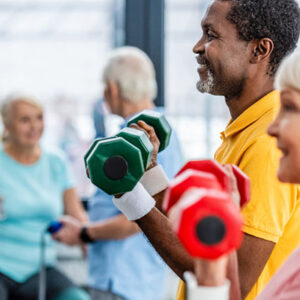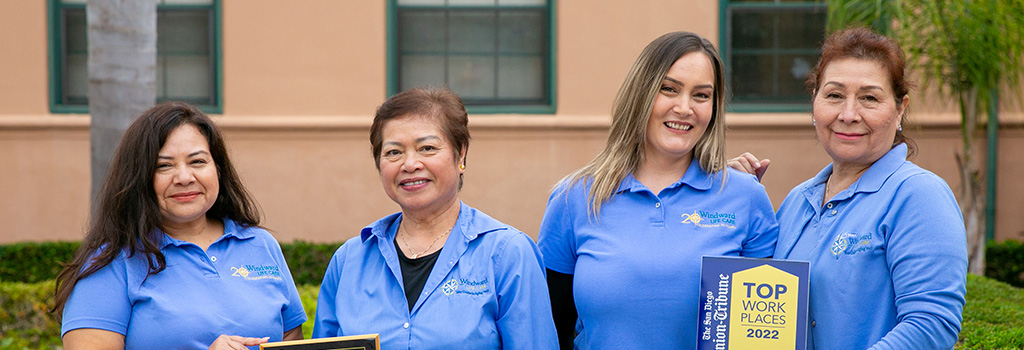Why Falls Are a Big Deal for Older Adults
December 8, 2020 | Aging Life Care, Physical Activity

For older adults, life can change in an instant: a seemingly minor slip and fall could result in serious injuries. According to the National Council on Aging, falls are the leading cause of both non-fatal and fatal injuries in the older population. One in four adults over the age of 65 falls each year, and an estimated 3 million older adults end up in the emergency room for fall injury treatment.
Older Adults: The Dangers of Falling
Falls in older adults can lead to ongoing challenges with health and functioning. Approximately 20% of older adults’ falls result in serious injuries, such as a head injury or broken bone. A head injury is serious for people of all ages; however, older adults may have a harder time recovering. For example, older people taking blood thinners are at higher risk for a brain bleed. Osteoporosis can put some older people at higher risk for fractures. Falls can be the start of a “chain reaction” of physical decline, inactivity, loss of independence, social isolation, and depression.
Preventing Falls in the Home
Older adults are encouraged to be proactive in their strategies to avoid falling. These simple steps can prevent falls in the home:
- Physical activity: Regular exercise is vital to maintain agility and muscle strength. Weight-bearing activities help the person stay steady on their feet. Plus, exercise reduces the risk of osteoporosis.
- Assistive equipment: When a person’s mobility is limited, using a walker or cane can help them maintain balance. Make sure the equipment is appropriately sized. Small changes to the home, like improved hallway lighting, can also make a big difference.
- Medications: Certain prescription medications can cause side effects that increase the risk of falling. If a medication causes sleepiness or dizziness, talk to your doctor about these side effects.
- Alcohol: Limiting the amount of alcohol consumed can help a person maintain their reflexes and balance. Alcohol increases the risk of hip fractures in older adults.
- Vision and Hearing: Minor changes in hearing and eyesight can contribute to a person’s risk of falling. Stay consistent with regular checkups, and always wear hearing aids and glasses as recommended by the doctor.
Other fall prevention tips include choosing the right shoes, standing up slowly, and using extra caution on icy or wet surfaces.
If you have questions about maintaining safety in the home, talk to us at Windward Life Care. We’ll connect you with the right resources to support your needs.

